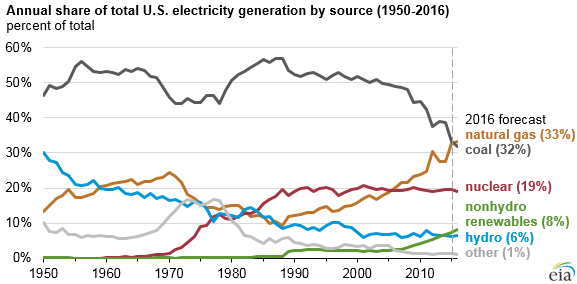President Obama Lifts Sanctions on Importing Certain Cuban Goods
Get your Cuban cigars, get your Cuban rum. President Obama just last week lifted the restriction of bringing in over $100 of Cuban cigars and rum to the United States. This is the continued effort of improving the relations of the two countries as they slowly rebound from decades of economic stagnancy. Obama has continued to lift the trade embargo to not only improve the two’s relationship but also stimulate the economy between the United States and Cuba. The value of a fluid relationship will increase quite a bit as United States citizens will increasingly do travel and business in Continue reading President Obama Lifts Sanctions on Importing Certain Cuban Goods

